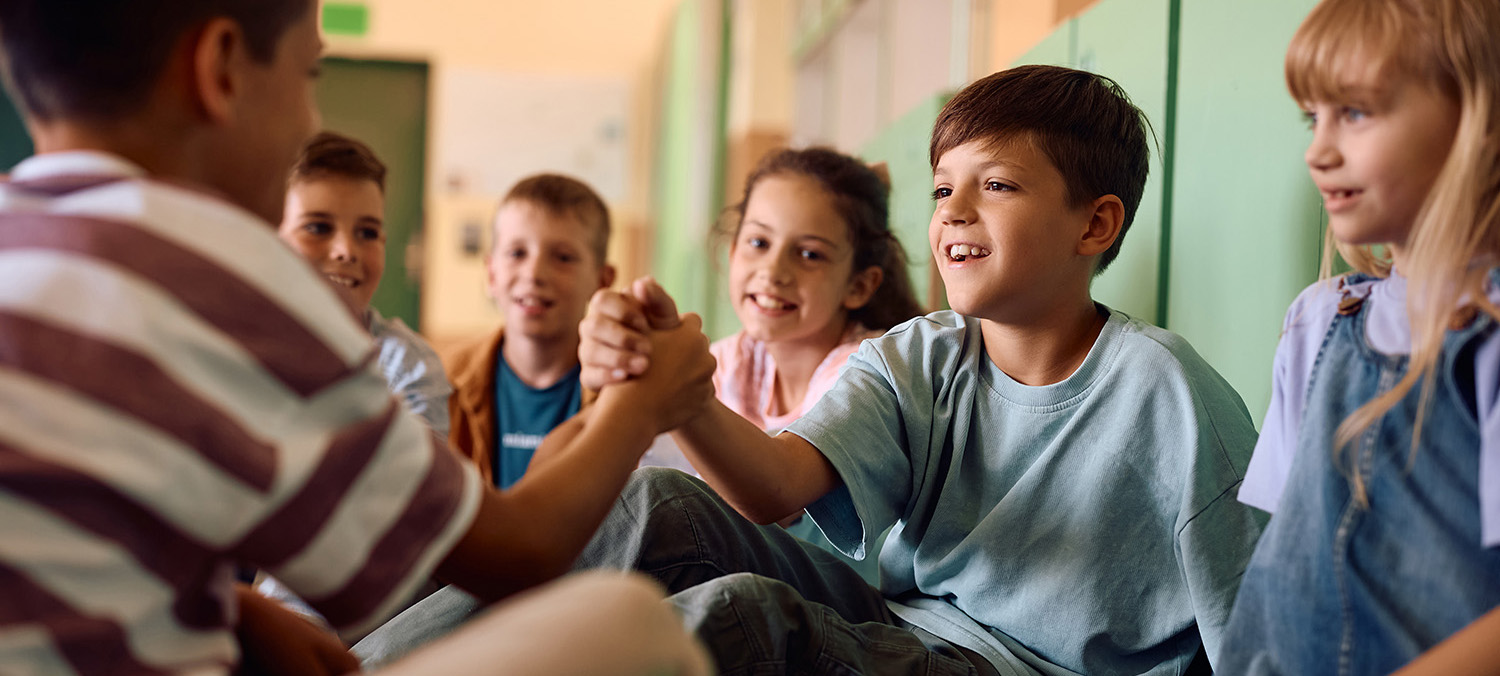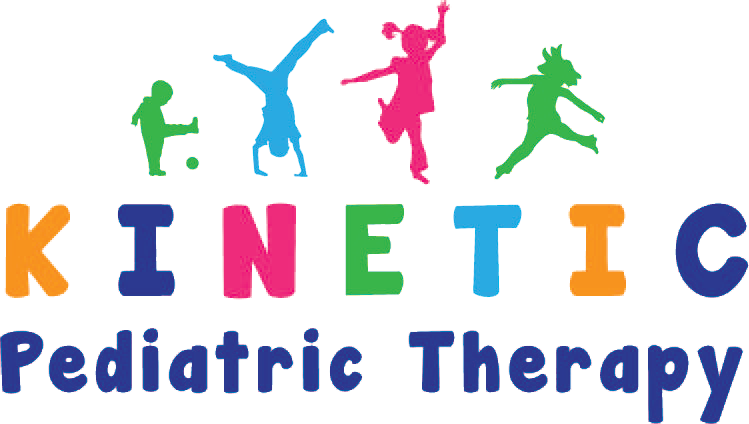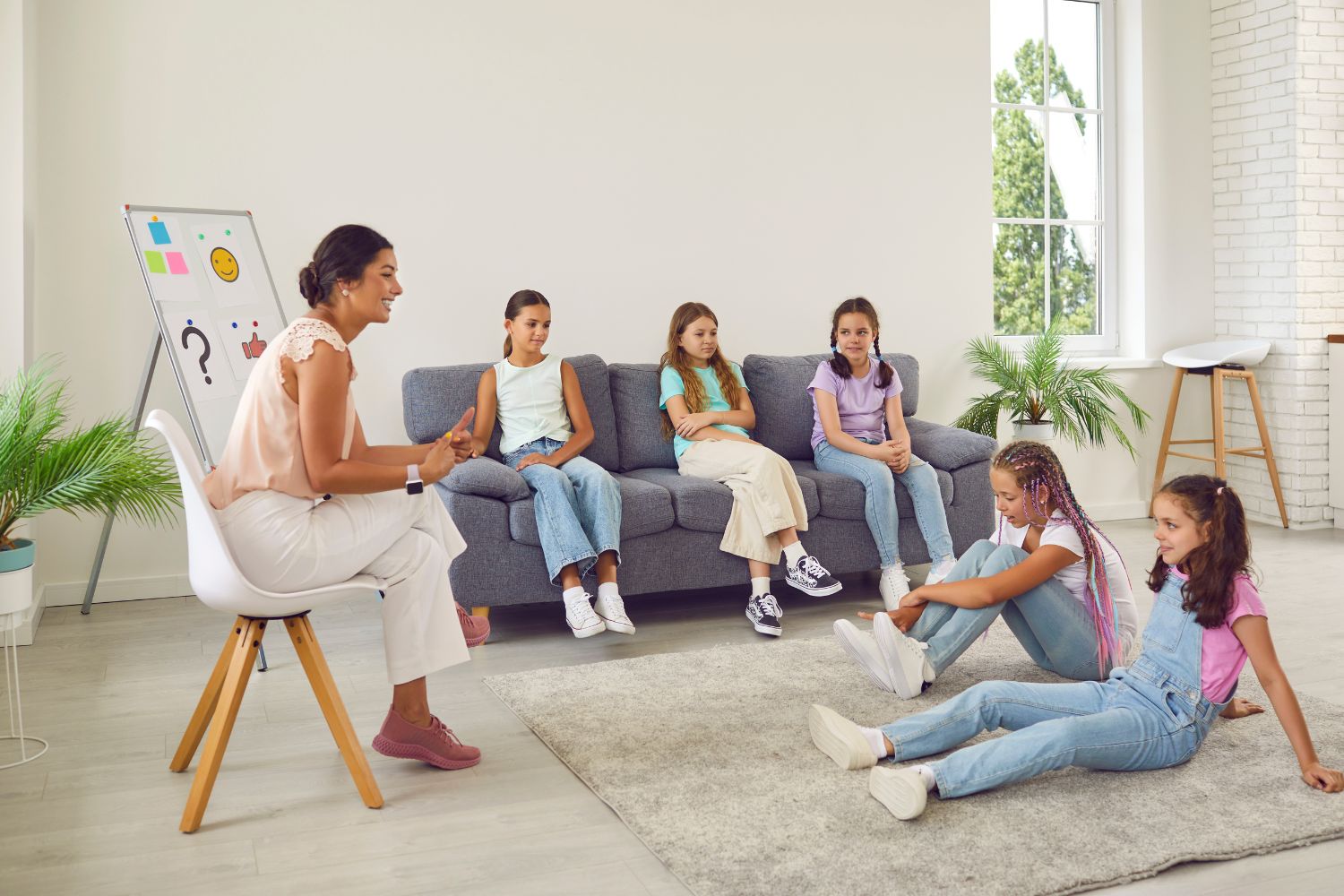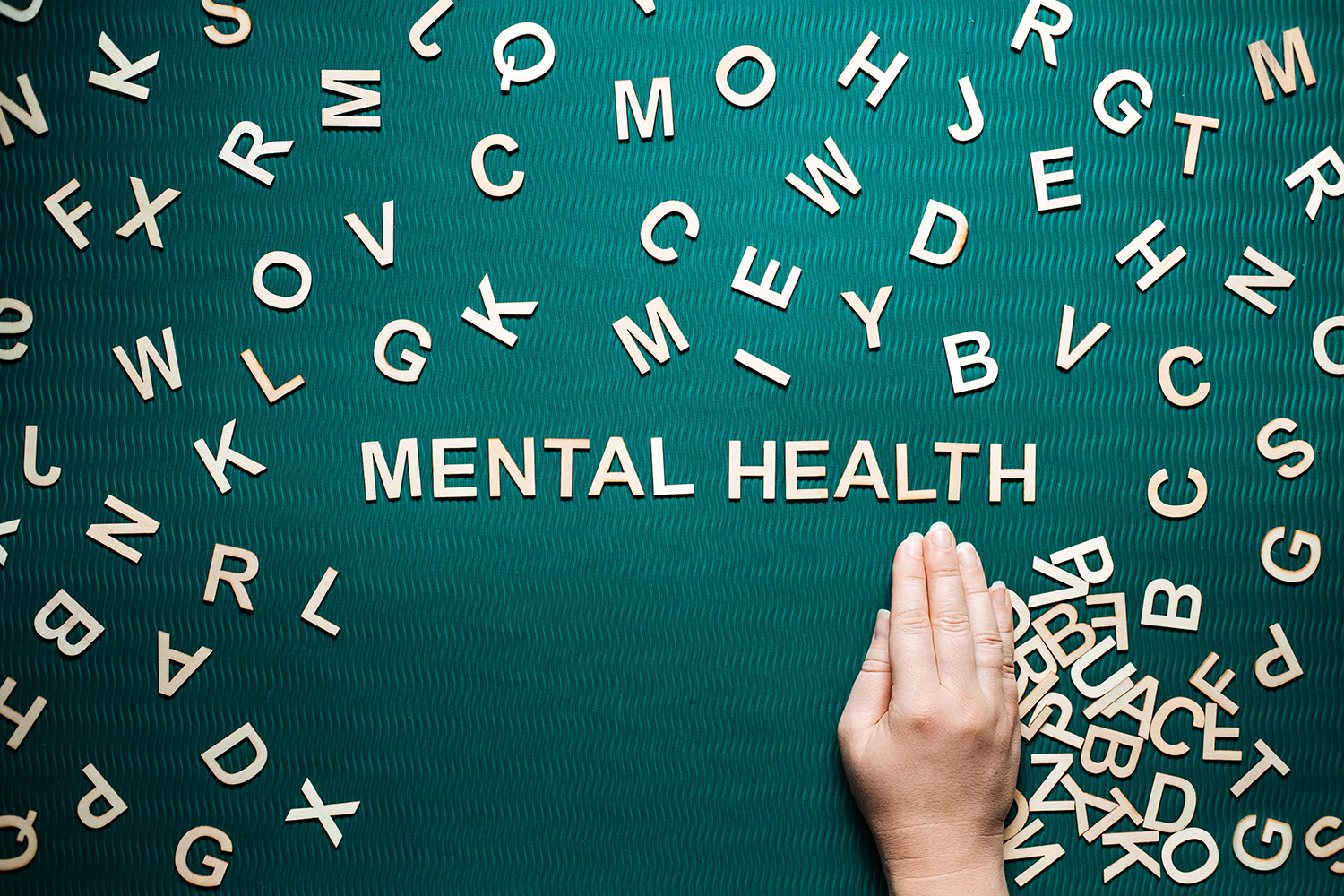
Building Social Skills Through Group Behavioral Therapy Sessions
The Importance of Building Social Skills in Schools
Building social skills is essential for students to succeed academically, emotionally, and socially. Strong social skills allow children to form meaningful relationships, communicate effectively, and navigate peer interactions with confidence. However, some students face challenges in developing these abilities due to anxiety, neurodevelopmental disorders, or past trauma. This is where behavioral therapy plays a critical role in helping students learn and practice positive social interactions in a structured and supportive environment. By incorporating behavioral therapy in schools, educators and therapists can facilitate group therapy sessions that foster social growth, emotional intelligence, and peer relationships.
How Behavioral Therapy Supports Building Social Skills
Behavioral therapy is an evidence-based approach that helps students develop emotional regulation, communication skills, and self-awareness. When applied in a group setting, students can practice these skills in real-time, allowing them to learn from their peers and gain confidence in social situations. Group behavioral therapy provides a safe and structured environment where students engage in guided activities, role-playing, and discussions designed to enhance their social competence.
The Role of Group Therapy in Building Social Skills
Encouraging Positive Peer Interactions
Many students struggle with making friends or engaging in positive peer interactions. Building social skills through group behavioral therapy allows students to interact with others in a controlled setting where they receive guidance and constructive feedback. By working together, students learn how to share, take turns, and express their thoughts in a respectful manner.
Enhancing Empathy and Emotional Understanding
Empathy is a crucial component of building social skills. Group behavioral therapy encourages students to recognize and understand different emotions by engaging in discussions and role-playing exercises. Through these activities, students learn to identify feelings in themselves and others, fostering deeper connections and emotional intelligence.
Developing Conflict Resolution Strategies
Conflict is a natural part of social interactions, but many students struggle with resolving disagreements in a healthy way. Building social skills through behavioral therapy teaches students conflict resolution techniques, such as active listening, compromise, and problem-solving. Group sessions provide real-life scenarios where students can practice these skills and receive guidance on improving their approach.
Strengthening Communication Skills
Effective communication is a fundamental aspect of building social skills. Group behavioral therapy focuses on enhancing both verbal and non-verbal communication by encouraging students to express themselves clearly and confidently. Activities such as storytelling, collaborative projects, and guided discussions help students improve their ability to articulate their thoughts while being mindful of others.
Key Benefits of Group Behavioral Therapy for Building Social Skills
A Safe and Supportive Learning Environment
One of the biggest advantages of group behavioral therapy is that it creates a non-judgmental space where students can practice social interactions without fear of criticism. This setting allows them to take risks, make mistakes, and receive constructive feedback that encourages growth.
Peer Learning and Shared Experiences
Students often learn best when they observe and model the behaviors of their peers. Building social skills through group sessions enables students to see how others approach conversations, handle conflicts, and demonstrate empathy. Seeing classmates succeed in social interactions boosts confidence and motivation to improve their own skills.
Increased Self-Confidence
As students practice their social skills and receive positive reinforcement, their self-confidence naturally improves. When they experience success in navigating social situations, they become more comfortable interacting with their peers in both school and community settings.
Long-Term Social Development
The skills learned through behavioral therapy don’t just benefit students in the present; they contribute to long-term social success. By developing strong interpersonal skills early, students are better prepared for future academic, professional, and personal relationships.
Effective Group Activities for Building Social Skills
Role-Playing Scenarios
Role-playing allows students to practice social interactions in a safe environment. Common scenarios include introducing themselves to new people, handling disagreements, and asking for help. These activities help students rehearse appropriate social behaviors and receive feedback on their responses.
Social Stories and Guided Discussions
Using social stories helps students understand different social situations and appropriate ways to respond. These stories are often followed by discussions where students share their thoughts and brainstorm ways to handle similar situations in real life.
Collaborative Projects
Group activities, such as building a project together or solving a problem as a team, teach cooperation and active listening. These exercises encourage students to work together, communicate effectively, and respect each other’s opinions.
Mindfulness and Emotional Regulation Exercises
Teaching students mindfulness techniques helps them regulate their emotions in social situations. Activities like deep breathing exercises, guided meditation, and positive affirmations can help students manage stress and anxiety related to social interactions.
Implementing Group Behavioral Therapy in Schools
Schools can incorporate group behavioral therapy in several ways to support building social skills:
- Integrating Therapy Sessions into the School Schedule
- Designating time for structured group behavioral therapy sessions during school hours
- Encouraging teachers and counselors to collaborate with therapists on social skill-building activities
- Training Educators and Staff
- Providing professional development on identifying students who may benefit from behavioral therapy
- Teaching strategies for reinforcing positive social behaviors in the classroom
- Encouraging Parental Involvement
- Offering workshops for parents to support social skill development at home
- Keeping open communication between therapists, educators, and families to track student progress
- Customizing Therapy Groups to Student Needs
- Forming small groups based on specific challenges (e.g., social anxiety, communication difficulties)
- Tailoring interventions to address each group’s unique strengths and areas for growth
Building social skills is a crucial component of a child’s development and long-term success. Through group behavioral therapy, students gain the opportunity to practice and refine their social interactions in a structured, supportive setting. By focusing on peer learning, communication, empathy, and conflict resolution, behavioral therapy helps students build meaningful relationships and thrive in both academic and social settings. Schools that prioritize group behavioral therapy foster a more inclusive, emotionally aware, and socially competent student body.
🧠 Empower your students with personalized behavioral support! Kinetic Pediatric Contract Therapy offers tailored Behavioral Therapy services to schools across North Carolina, helping children thrive both academically and socially. Our expert therapists work closely with educators and families to address emotional, social, and behavioral challenges, ensuring each child receives the care they need to succeed. 🌟 Let’s create a positive learning environment together—contact us today to bring our Behavioral Therapy services to your school and support every student’s success!
Please Share




